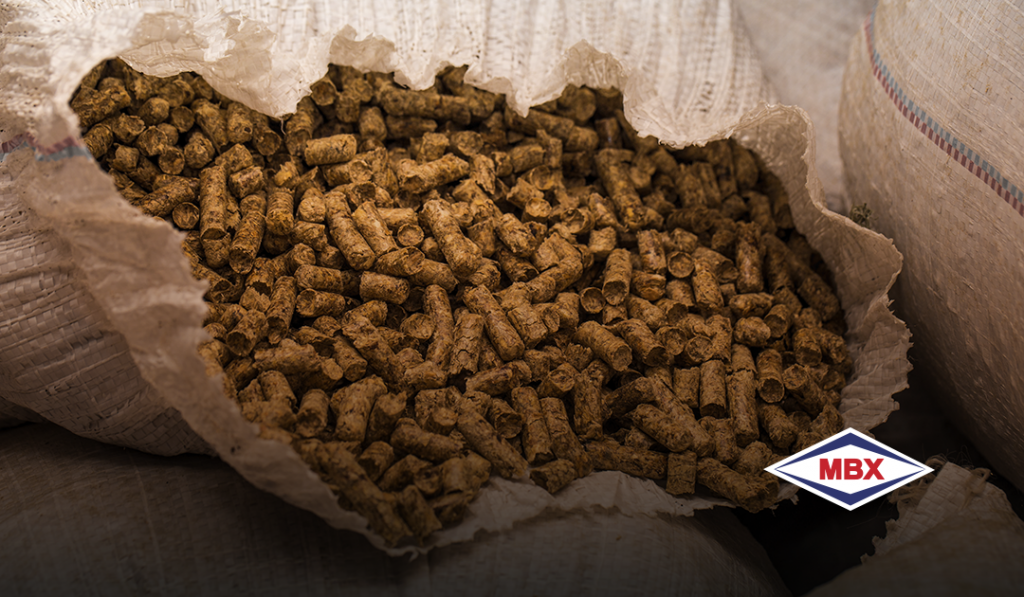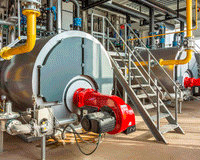Boiler: what are the main fuels used?

Widely used in various processes, the boiler is a piece of equipment designed to produce steam that will be used in many utilities within the industrial process. But did you know that for energy generation in industrial boilers, many fuels can be used?
In view of this, we invite you to understand more about the main types of fuels used in boilers. Enjoy your reading.
Fuels most used by an industrial boiler
There are several types of fuels that can be used in boilers. But in general, these fuels can be divided into three large groups: solid, liquid and gaseous fuels.
They come in different commercial forms and efficiencies vary depending on the need and the type of boiler adopted.
Liquid fuels
They can be mineral or non-mineral. Mineral fuels are basically obtained through the petroleum refining process, resulting in gasoline, diesel oil and fuel oil. Non-mineral liquid fuels are represented by alcohols and vegetable oils.
These fuels are still widely used in boilers, even with rising prices, with diesel oil and fuel oil being the main representatives.
Gaseous fuels
Gaseous fuels are also widely used. In a boiler, the most common are Natural Gas and LPG (liquefied petroleum gas).
Natural gas is a fuel found in nature, characterized by a mixture of light hydrocarbons that, at room temperature and atmospheric pressure, remains in a gaseous state.
LPG is produced from a mixture of hydrocarbons that has a high calorific value, associated with a low environmental impact and ease of burning and storage.
Solid fuels
Solid fuels are widely used in industrial boilers . This is due to their great environmental appeal, mainly because they are so-called renewable fuels, in addition to being highly available.
Among the solid fuels used by a boiler, biomass has been playing a very important role. It comes in many forms and characteristics, such as wood derivatives and agricultural by-products, such as sugarcane bagasse.
It is also worth noting that, despite being the main representative of solid fuels, biomass can also be found in liquid form. This is the case with biodiesel and ethanol. In gaseous form, biomass is found in agricultural effluents from agribusiness and urban areas.
Biomass: the ideal fuel for the boiler
Considered a renewable energy source, biomass is a solid fuel for use in boilers, made from organic matter. It has been widely adopted due to its ability to emit fewer polluting gases into the atmosphere, such as sulfur dioxide and carbon dioxide.
This fuel is obtained from different renewable sources, such as derivatives from the agroforestry industry and food waste. However, currently, the largest source of biomass in Brazil is sugarcane bagasse, a residue derived from the sugar and alcohol industries.
In addition to low carbon emissions, the use of this type of fuel allows the industry to obtain many other advantages, such as:
- Low acquisition cost, especially when compared to liquid and gaseous fossil fuels;
- Neutral carbon footprint, since most of the carbon produced during the burning of biomass will be absorbed during the development of the new plant, which is why it is considered a low-polluting energy source;
- It allows for better cost-benefit when burned in a boiler.
Tips for choosing the most suitable fuel for your boiler
As we have seen, there are many fuel options for supplying boilers and generating steam for various needs. But how do you choose the most suitable fuel?
To make this choice, some points must be considered:
- Look for the fuel that best suits the boiler's operation;
- Identify the type of production carried out by the industry;
- Choose a fuel that allows greater savings and energy efficiency;
- Find out about fuel availability in the region, aiming to reduce costs.
Want to know more about boilers? Then check out what they are main causes of explosion in this steam generator .





